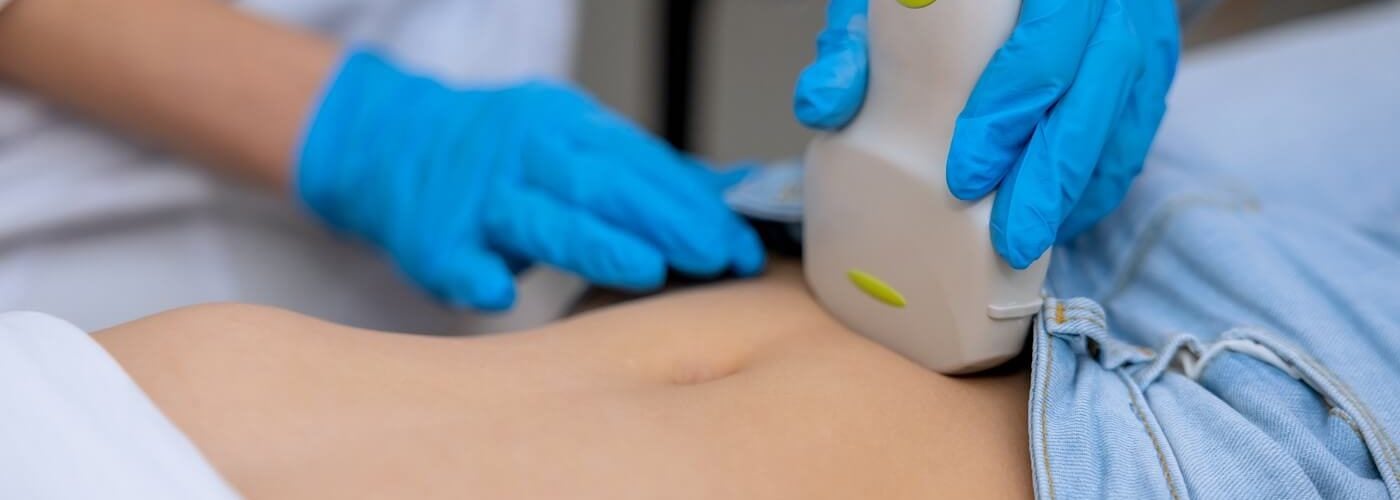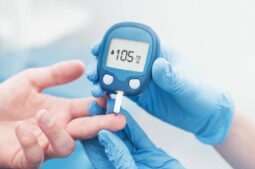
A miscarriage, also known as spontaneous abortion, is defined as the loss of a pregnancy during the first 23 weeks. Miscarriages are much more common than most people realise. Among women who know they’re pregnant, it’s estimated that about 1 in 8 pregnancies will end in miscarriage.
Many more miscarriages occur before a woman is even aware that she has become pregnant. For many women the experience of a miscarriage can be devastating, with subsequent feelings of loss and bereavement which are very real.
In this article we look at the likelihood of miscarriage and subsequent pregnancy loss, and at how you can judge whether this is a one-off event or something you should be concerned about as a potential sign of infertility. We look at miscarriage signs and symptoms, as well as considering what steps can be taken in terms of miscarriage prevention.
Signs of miscarriage after IVF transfer
Many instances of spontaneous abortion occur without any symptoms of miscarriage at all except for the inevitable vaginal bleeding. This can vary from light spotting or brownish discharge to heavy bleeding and bright-red blood or blood clots. In some cases the bleeding can come and go over several days. The bleeding can be followed by other signs of miscarriage at early stage:
- cramping and pain in the lower abdomen
- a vaginal discharge of fluid
- a discharge of tissue from the vagina
- absence of the symptoms of pregnancy such as breast tenderness or feeling sick
However, it is important to remember that light vaginal bleeding is fairly common during the first three months of pregnancy and is not necessarily a sign of miscarriage or an impending loss of pregnancy.
If you suspect you are having a miscarriage, you should seek medical advice. A simple test with an ultrasound scan will be able to determine whether this is the case. Very often the pregnancy tissue will pass out naturally in 1 or 2 weeks. In some cases, medication to assist the process may be recommended, or you can choose to have minor surgery to remove it if you don’t want to wait.
What causes early miscarriage after IVF?
Most early miscarriages, whether in an IVF pregnancy or not, occur due to chromosomal abnormalities in the embryo. In the case of a blighted ovum following IVF, there is a gestational sac without an embryo inside. Other factors that can lead to miscarriage after assisted reproductive technology include:
- Immune system alterations
- Hormonal imbalances
- Uterine or cervical issues
- Infections
Lastly, the age of the patient significantly influences the chances of miscarriage. Beyond the age of 40, the quality of oocytes notably decreases, making gestational losses more common.
How to avoid miscarriage after IVF treatment
For most women, a single miscarriage is not an indication of any underlying fertility problem and they can expect to go on to conceive again and have a successful pregnancy. Specialists usually suspect that after a third miscarriage there could be something amiss, and advise further testing. This normally involves testing for chromosomal abnormalities. The main way that these tests can be performed is through Pre-Implantation Genetic Testing (PGT).
This test is used to diagnose genetic and chromosomal alterations in embryos before they are implanted during the in-vitro fertilisation (IVF) process, in order to ensure that children are born free of hereditary diseases. This technique is used in conjunction with IVF treatment with sperm microinjection (ICSI). PGT is recommended for couples with a medical history of repeated miscarriages, those at risk of passing on chromosomal alterations or monogenic diseases and where there are issues with spermatozoa such as cell division abnormality (meiosis). A video about PGT is available in our IVI YouTube channel to help explain the process:
Miscarriage prevention treatment options
The majority of miscarriages can’t be prevented, but there are some measures you can take to reduce the risk. These include the long-standing advice which applies to all pregnancies not to smoke, drink alcohol or use drugs. Maintaining a healthy weight before becoming pregnant, minimising your risk of infection especially from diseases known to carry risks such as rubella and eating a healthy diet are also helpful.
For exercise, you should keep up your normal level of exercise unless it’s very strenuous, in which case you should lower the intensity. However if you are not normally active, you should consult your medical adviser before taking up any new exercise regime.
Besides, you can consider carrying out some chromosomal test, if the cause of the problem is suspected to lie with chromosomal abnormalities.
- Arrays CGH. ARRAYS CGH. This test makes it possible to study all 23 pairs of chromosomes in order to rule out any chromosomal abnormalities before implantation takes place.
- FISH technique (fluorescence in situ hybridisation). It’s recommended for couples who have suffered repeated miscarriages and couples who have not had any success with assisted reproduction due to a male factor anomaly, as well as patients who have an increased risk of passing on chromosomal abnormalities. The method allows the presence of chromosomal anomalies in the spermatozoa to be assessed and the risk of transmission to offspring to be determined. In these cases, chromosomes 13, 18, 21, X and Y are usually analysed, which if abnormal could lead to miscarriages or to chromosomal diseases in any babies born.
As mentioned before, PGT tests are also a way to reduce miscarriage risk. The purpose of PGT is to analyse pre-embryos in the laboratory following in vitro fertilisation and before they are transferred to the patient’s uterus. A biopsy is performed and the pre-embryos are analysed, allowing specialists to distinguish between sound ones and those which are affected by anomalies. A video about PGT is available in our IVI YouTube channel to help explain the process.
IVI can help you to achieve your dream
If you have any concerns about miscarriage prevention or wonder what repeated miscarriage may mean for your future fertility, we would encourage you to browse our website which always has the most up-to-date information on the treatments and techniques available. You can also check the facts and figures relating to our audited clinical results by looking them up for yourself.
If you feel it’s time to seek help on any issue to do with miscarriage or fertility more widely, do get in touch with us at IVI. You’ll find below this article our web formular. We look forward to discussing how we can help.





Comments are closed here.